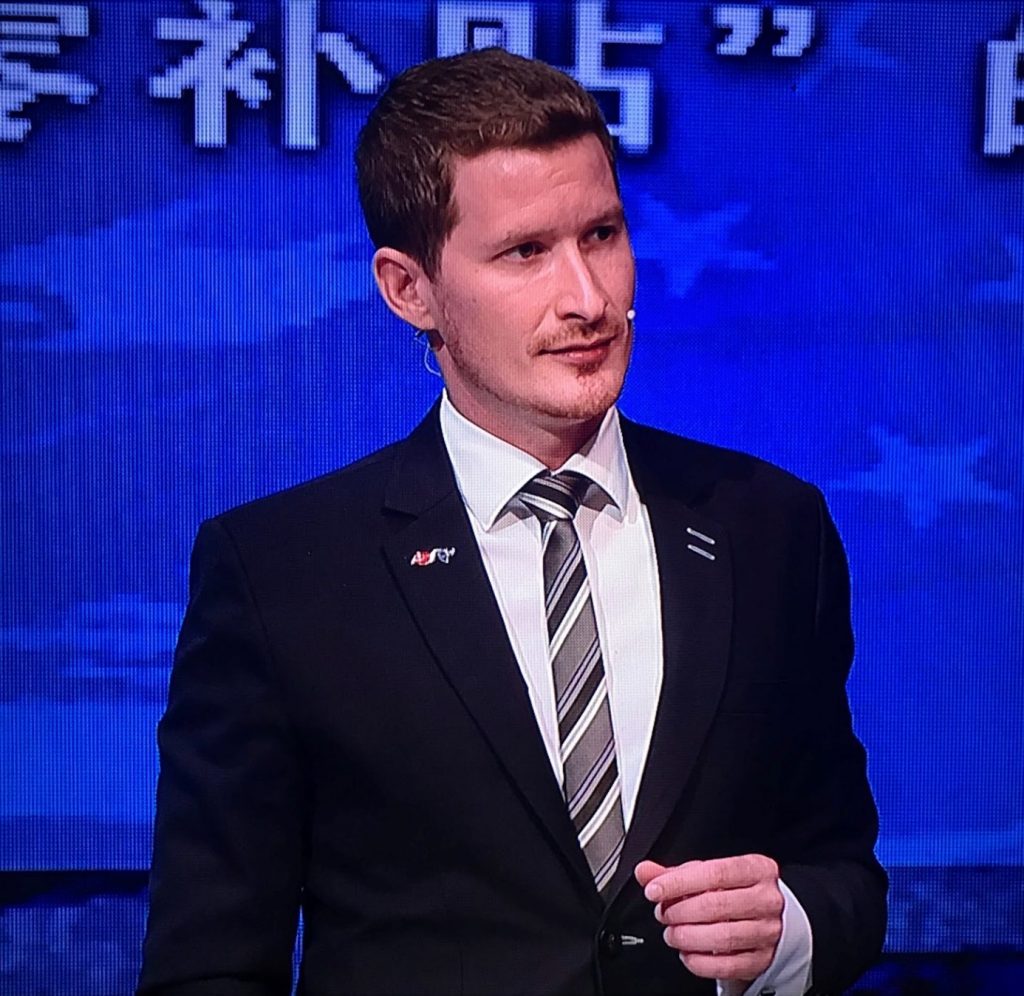
Maximilian Rech is Professor and Scientific Director of the Mastère Spécialisé® Supply Chain & Purchasing Manager at SKEMA Business School.
He is member of the SKEMA Research Centre for Global Risks and the SKEMA Research Centre for Analytics and Management Science.
His research focuses on the geopolitics and macro-economic cooperation between Europe and Asia and on the digital transformation of business models and best practices in global supply chain management and procurement.
He has held a Training School on Making results count: Translating independent China research into actionable recommendations on 4-5 April 2024 on the SKEMA Grand Paris Campus.
What was the objective of the Training School?
The China in Europe Research Network – or CHERN – is a network of about 300 researchers that focus on EU-China relations. In a variety of working groups, CHERN members conduct research and disseminate best practices on policy relevant analyses with their peers across Europe and beyond. Working groups cover a multitude of topic areas such as “strategic sectors and infrastructure development”, “high-technology and innovation”, or “financial investments, real estate and services” for example.
Next to workshops, short-term scientific missions and the annual conference, CHERN also organises Training Schools to help young and promising professors, post-doctoral researchers and PhD candidates create their networks and refine their scientific output.
The objective of this year’s CHERN Training School was to enable researchers to translate their scientific research into actionable policy recommendations for national and European policymakers.
The China in Europe Research Network – CHERN is an action funded by the European Cooperation on Science & Technology programme – COST. Launched in 2019, the CHERN action aims to promote further research on China’s growing economic ties with Europe, foster a comprehensive understanding of the diverse impacts and strategies involved, analyse the political and geopolitical outcomes, and provide input on policy implications to relevant EU agencies, member countries, businesses, trade unions, and other stakeholders.
What are the outputs and outcomes resulting from the CHERN Training School?
The 2024 CHERN Training School was entitled “Making Research Count: Translating Independent China Research into Actionable Policy Recommendations”. Hosted on the Campus Grand Paris of SKEMA Business School, it welcomed 18 trainees, 12 speakers, 3 Jury members and 4 trainers. Composed of a virtual onboarding, several exercises in preparation of the training and two in person days with their peers, the trainees produced a policy brief and a policy pitch. The training guided them towards that goal and the jury’s feedback helped them tweak and adapt their recommendations, possibly publishing some of these ideas for an audience of policymakers in the near future.
The trainees produced a total of 6 policy briefs and pitched approximately 18 actionable recommendations to a jury composed of policymakers, seasoned policy advisors and think tankers. Granted, some of the propositions need further refinement, but the trainees representing 18 different universities from 12 different European nations have produced a concise document and pitched their ideas to an expert audience. In other words, the CHERN Training School prepared them to provide policy advice and respond to requests for insights and analysis of regional, national and European legislators in their respective European member states. Thereby we were able to close the gap between scientific research and policymaking in the European Union and help inform the debate on EU-China cooperation, competition and rivalry.
What is the added value of organising the CHERN Training School for your career?
I think it is a privilege to work with young and aspiring researchers and help them refine their promising analyses. Beyond the pleasure of having hosted a wonderful group of inspiring individuals, it also helped me question my assumptions on the best way forward in EU-China relations.
It was also a pleasure to reconnect with our partners at Vrije Universiteit Amsterdam, the Institut National des Langues et Civilisations Orientales, and the Asia Centre who were all involved in making this year’s Training School a success. It was also a real pleasure to work with my fellow trainers, Dr. Matthias STEPAN, Jelena GLEDIC and Alexandra FILIUS. We complemented each other well and I was certainly able to learn from them and create lasting friendships.
Ultimately, what better way to advance my career than to make results count and translate independent China research into actionable policy recommendations.

